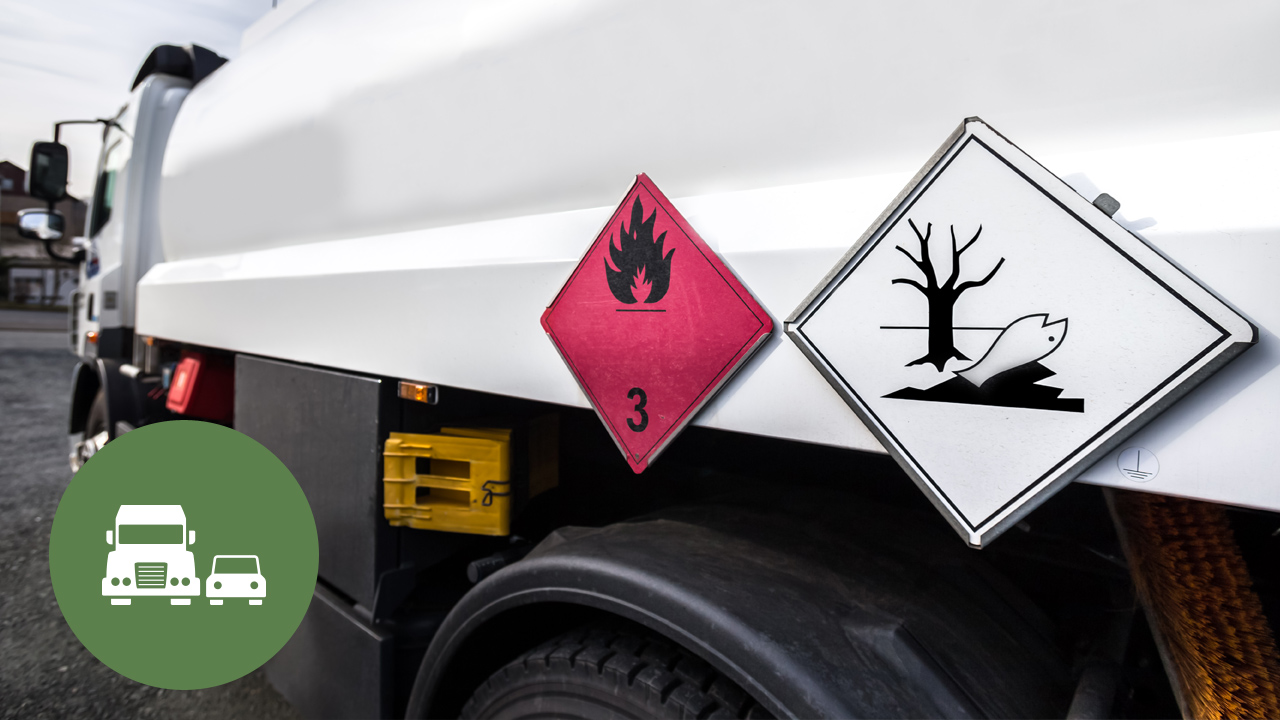IMDG 2: Dangerous Goods List – Special Provisions and Exceptions
- 13 topics | 1h 19m 1s
- Up to 30 languages
- Transcripts
The International Maritime Dangerous Goods (IMDG) Code is the recognized code of practice for the safe carriage of dangerous goods by sea. Manufacturers, packagers, shippers, stowers, carriers, and others involved throughout the supply chain must adhere to the provisions in the IMDG Code when dealing with cargo to be transported all or in part by ship. The IMDG Code contains the dangerous goods list, a list of the dangerous goods most commonly carried by sea. The list covers, as far as practicable, all dangerous substances of commercial importance. This course will introduce you to the IMDG Code dangerous goods list, and will help acquaint you with IMDG Code packing and tank provisions for dangerous goods containers.This IMDG course was developed with subject matter support provided by EnSafe Inc., a global professional services company focusing on engineering, environment, health and safety, and information technology. Please note, the course materials and content were current with the laws and regulations at the time of the last expert review, however, they may not reflect the most current legal developments. Nothing herein, or in the course materials, shall be construed as professional advice as to any particular situation with respect to compliance with legal statutes or requirements.
WHAT YOU WILL LEARN
-
recognize the purpose of the dangerous goods list
-
recognize the steps to find specific information about a given substance in the dangerous goods list
-
recognize the purpose of the dangerous goods list as well as how to find specific information for a substance in the list
-
determine the proper shipping name for a good in order to ship it according to its shipping requirements on the dangerous goods list
-
identify the proper shipping name of a dangerous good so it can be transported as required by the dangerous goods list
-
recognize when to use a generic or N.O.S. classification as a proper shipping name
-
determine the proper shipping name to use for a dangerous mixture or solution to be shipped by sea
-
recognize when to use a generic or N.O.S. classification and determine the shipping name for a mixture or solution
-
determine if a dangerous good has any special provisions related to its transport
-
identify the requirements for shipping dangerous goods in limited quantities by sea
-
identify the regulations of the IMDG Code that apply to goods shipped under the excepted quantity provisions
-
identify if any special provisions apply to the goods being transported or whether they are a limited or excepted quantity
IN THIS COURSE
-
IMDG 2: Dangerous Goods List – Special Provisions and Exceptions1m
-
The Dangerous Goods List2m
-
Structure of the Dangerous Goods List10m
-
Knowledge Check: Using the Dangerous Goods List8m
-
Using Proper Shipping Names5m
-
Knowledge Check: Determining Proper Shipping Names5m
-
Generic and N.O.S. Shipping Names10m
-
Mixtures, Solutions, and Designated Goods4m
-
Knowledge Check: Shipping Names7m
-
Special Provisions for Transporting Dangerous Goods3m
-
Transporting Limited Quantities of Dangerous Goods3m
-
Transporting Excepted Quantities of Dangerous Goods5m
-
Knowledge Check: Transporting Dangerous Goods9m
YOU MIGHT ALSO LIKE
COMPLIANCE-COURSE
IMDG 1: Introduction, General Provisions, and Classifications
COMPLIANCE-COURSE
IMDG 3: Packaging, Marking, Labeling, Placarding, and Documentation
COMPLIANCE-COURSE
IMDG 4: Loading, Unloading, and Offering Dangerous Goods


